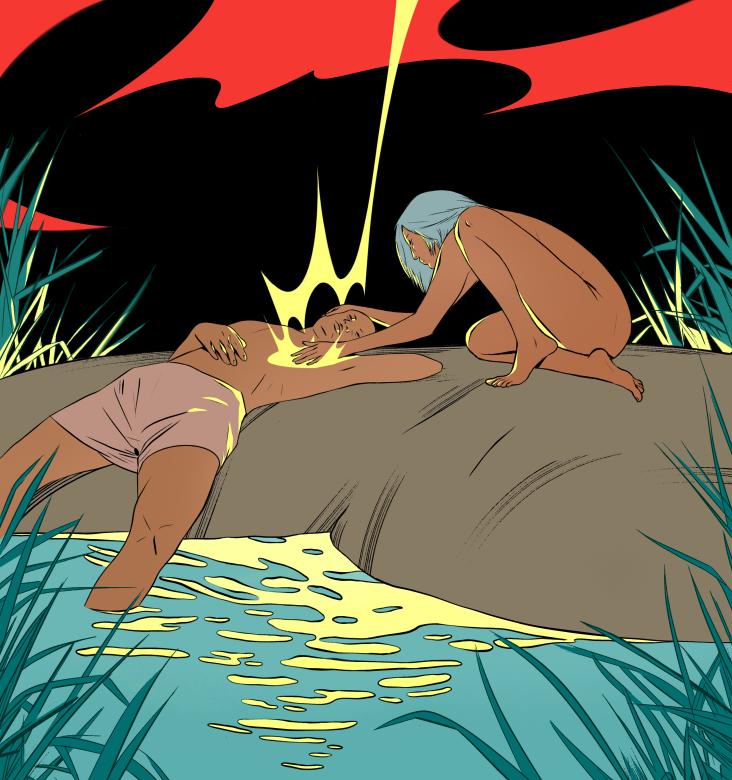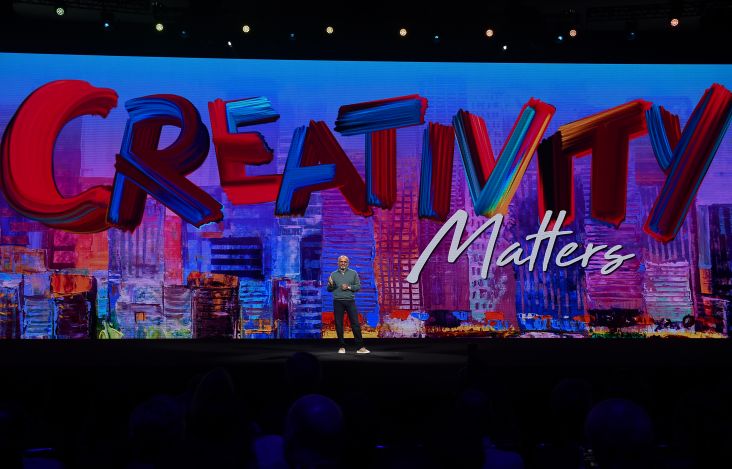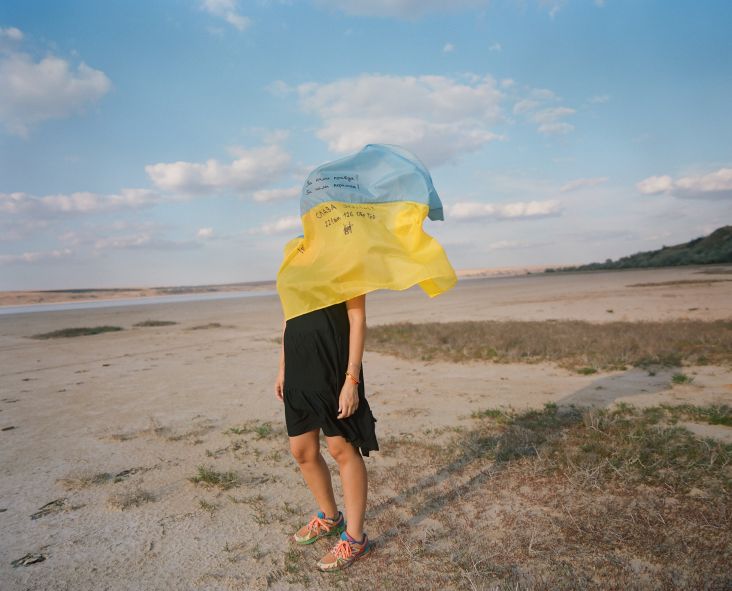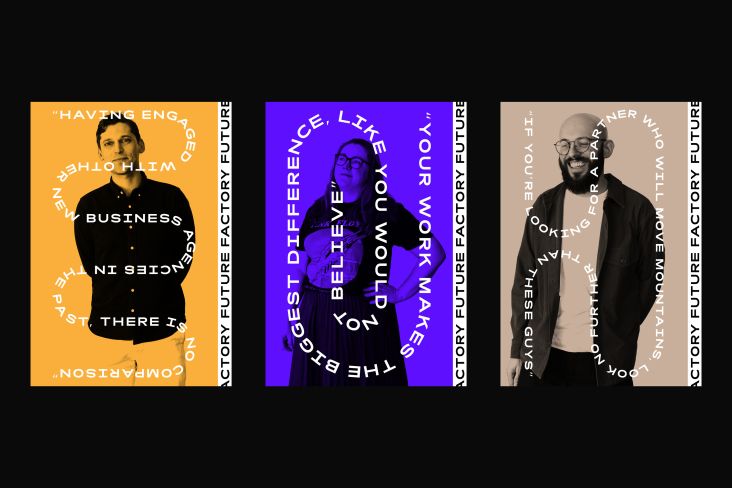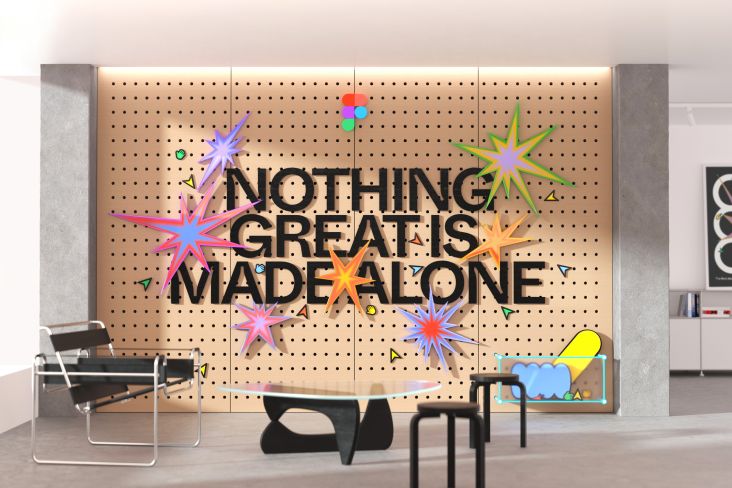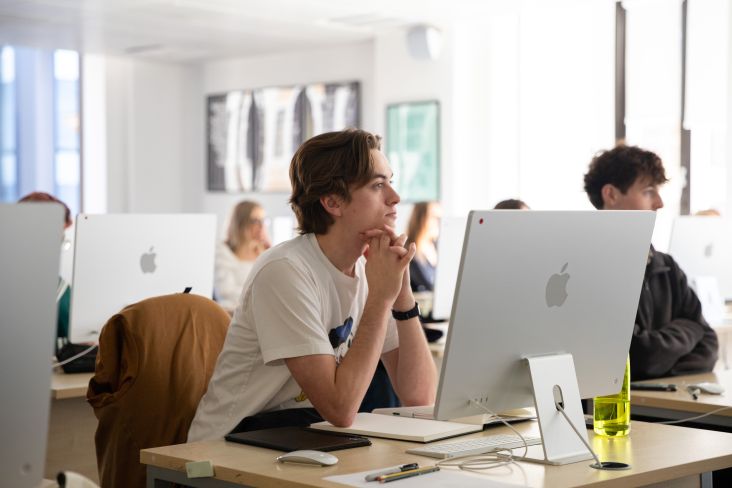Illustrator Owen D. Pomery on changing careers, architectural storytelling and the advantages of agencies
South London-based artist Owen D. Pomery has spent the last decade working as an illustrator after moving from an architecture background. We caught up with him to hear more about his story and to learn how the Brilliant Artists agency has helped him get to where he is.
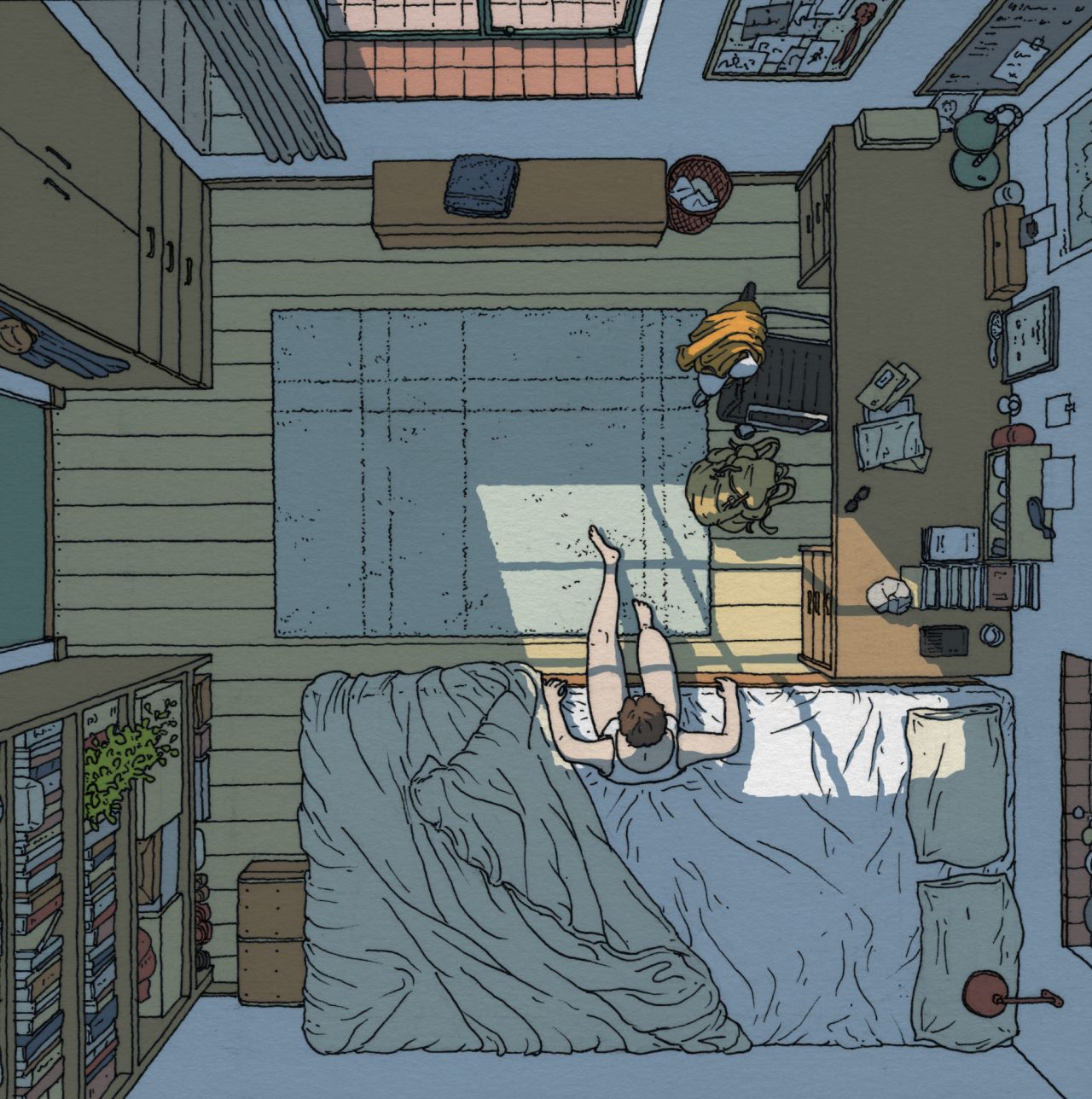
Owen likes to evoke memories in his art
Owen D. Pomery is not afraid to make changes. Having grown up in rural England, he moved to London to study architecture before making another pivot and becoming an illustrator. His drawings, which often focus on buildings and the negative spaces of daily life, have attracted clients such as The Economist, Apple, Airbnb and The New Yorker.
But redirecting your career is a huge step, even if you have overlapping skills to ease the transition. So what made Owen decide to switch? "I reached a point where I realised the one common and enjoyable thread through all the parts of architecture I was involved with was the drawing," he tells Creative Boom.
"Not just the drawing, but using it to bring imagined places to life. To be honest, it took me longer to realise than it should have, as I was always drawing and working on things that weren't strictly architecture in my spare time. It just took me a little while to connect the dots!"
The decision itself was easy, but Owen adds that, in hindsight, the practicalities were quite difficult. He started from scratch in an industry where he had no contacts. "I realised the area where I did have experience and connections were in architecture, so I kind of bridged the gap by working as an architectural illustrator for a few years," he reveals.
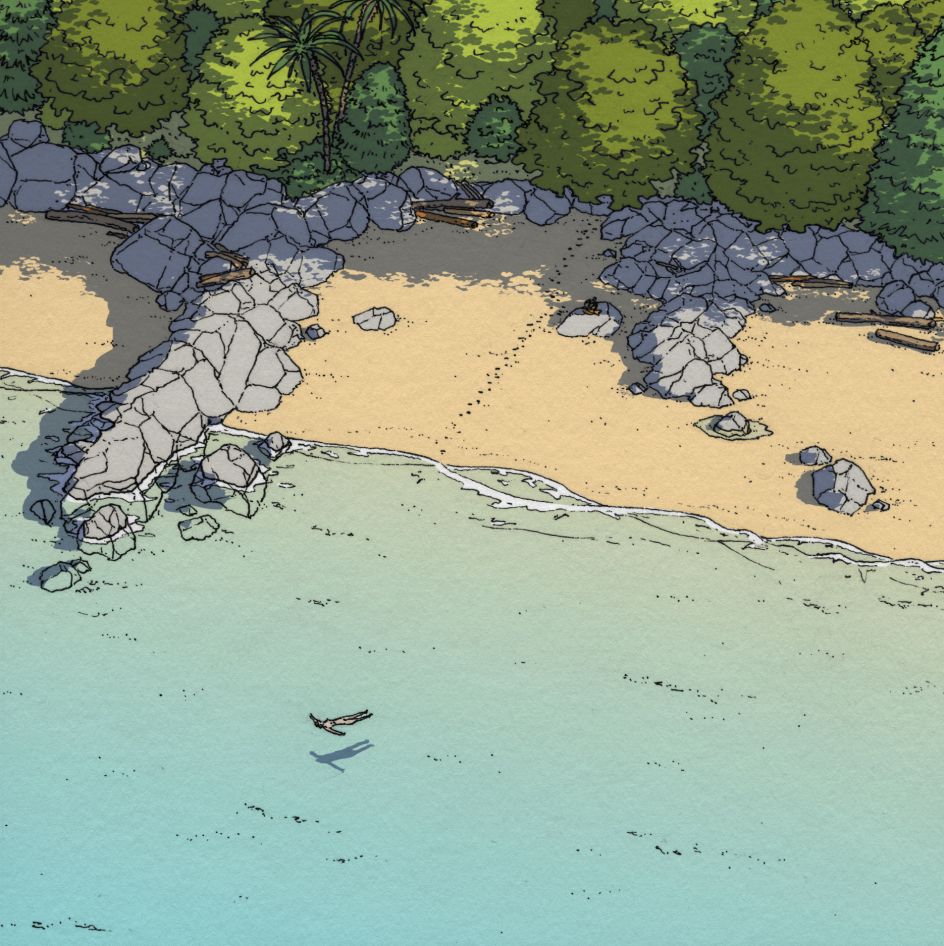
Comics like Tintin inspire his art
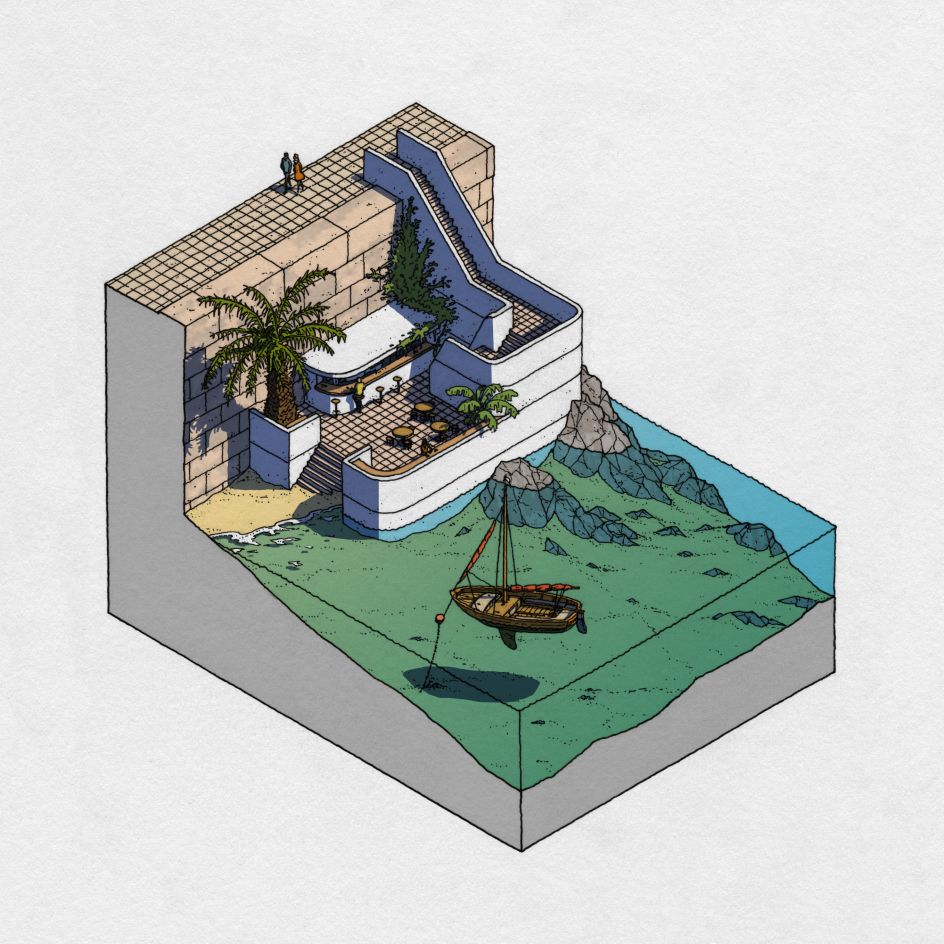
Owen has being working as an illustrator for a decade now
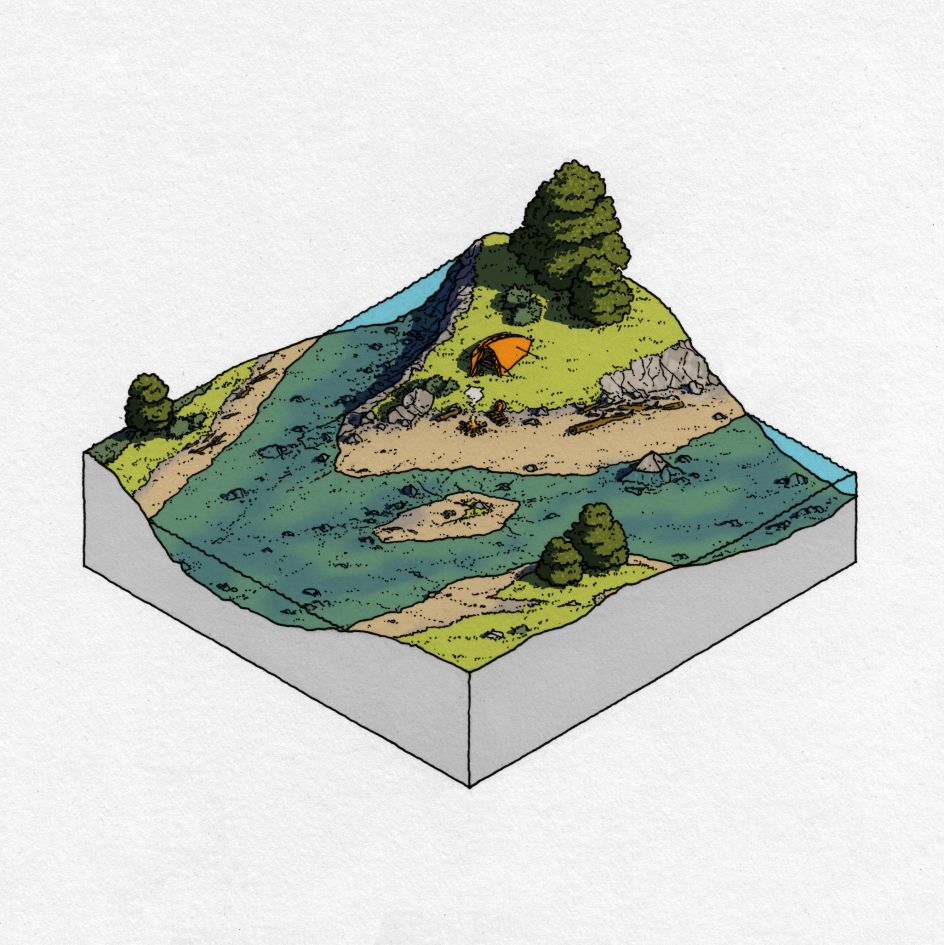
Precise line work is a signature technique in his art
"This allowed me to survive and to build up a body of work while exploring other areas of illustration that interested me. Everything was a learning curve though, with many dead ends and backtracks, feeling out what could work, balancing it with making the type of work I wanted."
This learning curve has resulted in a crisp, distinctive style that, like many creators, is inspired by what Owen calls "subconscious" influences. "My architectural background is definitely visible in my work, especially some of the more precise linework images," he says. The clear line drawings of Franco-Belgian comics such as Tintin also come through in his work.
"There's a shared sensibility (I hope) with American realists like Edward Hopper, where I'm trying to capture a moment and allow the viewer to imagine what might have just happened before and what will happen just after," Owen adds. "It's a similar feeling with photographers like Saul Leiter; it's an instant, but it exists in an endless timeline you can speculate on and imagine."
Ultimately, Owen wants people to feel a connection or be transported to memory when they look at his work. "When people recognise something, like a time of day, a place, or even something as abstract as a feeling, it's great to have that shared moment. I like how people map the images onto their own life experiences too, so they might relate to something specific in a drawing, and it will transport them to a personal memory."

His illustrations capture fragile, fleeting moments
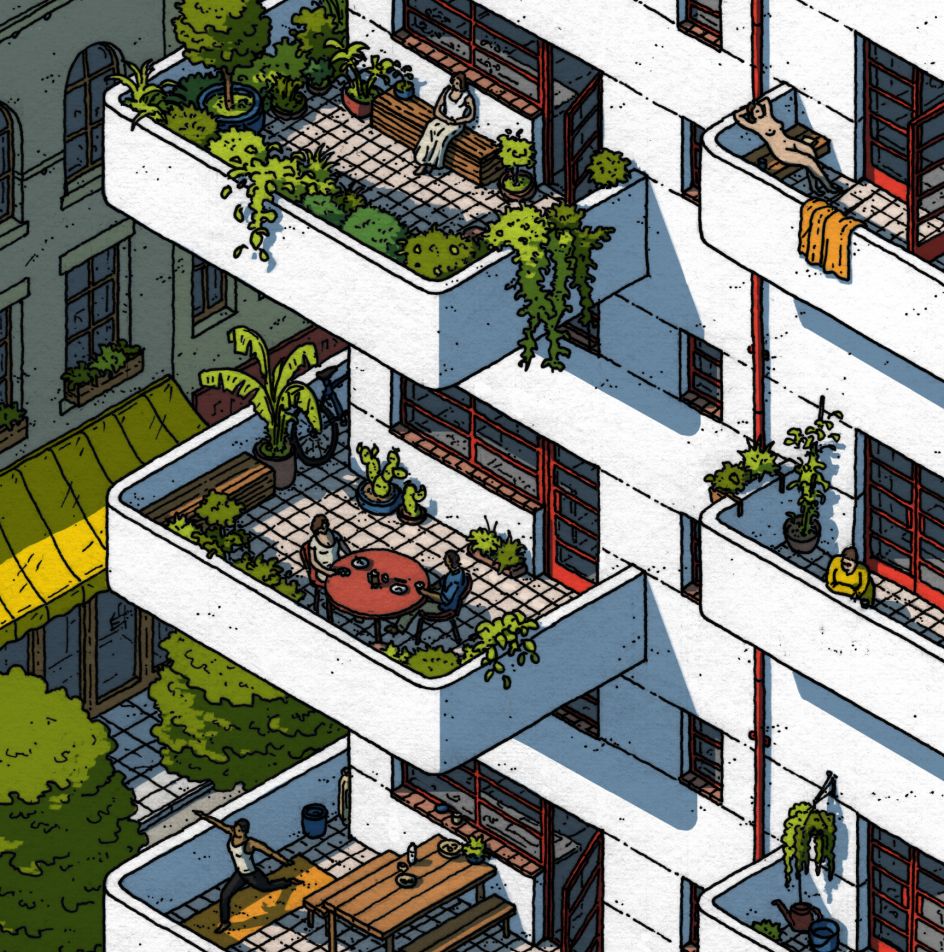
Clients like Apple and The New Yorker have worked with Owen
When it comes to creating his illustrations, Owen adopts a straightforward process. First, he sketches things out in pencil before inking them up, scanning them and building up the colours in flat layers with Photoshop. Depending on the brief, he does indulge in some variation, although he says that can be due to practical reasons as well as creative ones.
"A job that needs to change a lot might be done completely digitally, for example, but there are other things I just can't draw as well without it being pen on paper, so it's about choosing the right tool for the job," he says. "I would like to find more time to experiment with different techniques and materials, but I don't feel like I've mastered the small palette I currently work with! This will always be true, though, so it's no excuse not to try something different."
One particular method he favours, though, is architectural narrative. Having first become aware of it when illustrating comics and graphic novels, Owen realised that backgrounds, buildings and environments are great ways to communicate extra story details. Even how a person interacts with their environment tells readers something about their character without having to write a single word.
"I started to bring more of these details into my architectural illustrations, realising they could give more context to fictional spaces and make them more believable. It kind of culminated in creating a zine called KIOSK a few years ago, attempting to tell the story of an emerging nation through nothing but the different kiosk typologies it built. It's like writing in the negative space, you create a very specific environment, and the story is visible in relief. "
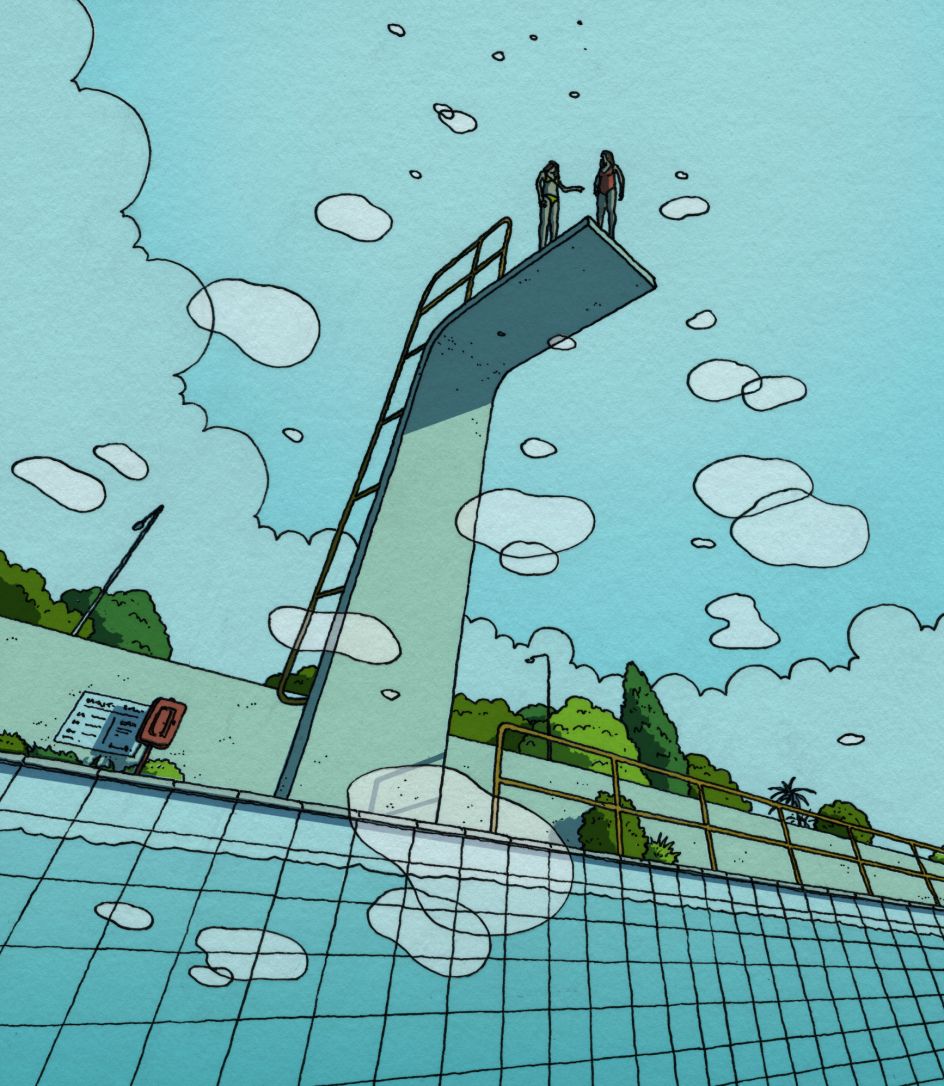
Owen is interested in how people interact with their surroundings

His illustrations can be a 'negative space' that fits around the text
Owen's choice to change careers was a risk that paid off. Still, it was made easier with the help of Brilliant Artists, an agency run by Hannah Shilland that specialises in nurturing and showcasing established and up-and-coming creative talent. "My career before joining felt like a lot of guesswork and hoping for the best, particularly when dealing with larger clients or legal elements of the job.
"It's not to say there aren't still obstacles, but you get to work them out with someone else who's on your side. This is true when it goes well, too. It's nice to share the experience of pulling off a job through collaboration, as working as an illustrator can be quite an isolated life."
Owen joined the agency when Hannah reached out to him directly, and he hasn't looked back. After applying to a few agencies in the past and not getting accepted, he realised there's more to being represented than being a 'good' artist. "You can't take rejection too personally, as every agency is trying to balance different artistic styles on their roster, so it doesn't necessarily mean you're 'not good enough'. I wasn't thinking about it anymore and was just carrying on doing what I was doing when Brilliant Artists got in touch, and I'm very glad they did."

Owens architectural background feeds into his illustrations
Currently, Owen is working on a new graphic novel that takes a different approach to his previous illustrations, but what else has he got on the horizon? "I would like to explore a bit more of the concept art world, as I recently worked on a couple of games and enjoyed the process of world-building in that way, and it was great to collaborate with others on a larger project.
"Other than that, I will see what turns up, and I will consider myself very lucky if I just get to carry on doing what I am doing, to be honest!"




 by Tüpokompanii](https://www.creativeboom.com/upload/articles/58/58684538770fb5b428dc1882f7a732f153500153_732.jpg)

 using <a href="https://www.ohnotype.co/fonts/obviously" target="_blank">Obviously</a> by Oh No Type Co., Art Director, Brand & Creative—Spotify](https://www.creativeboom.com/upload/articles/6e/6ed31eddc26fa563f213fc76d6993dab9231ffe4_732.jpg)









